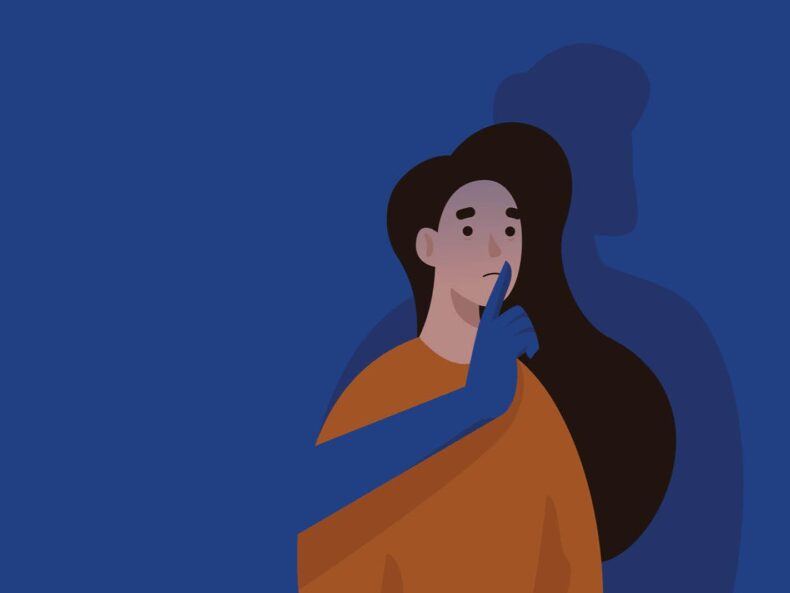Picture Credit: penn state
The Madhya Pradesh High Court recently termed the bane of live-in-relationship as a by-product of the Constitutional guarantee as provided under Article 21 of the Constitution.
The Madhya Pradesh high court has rejected the anticipatory bail of a 25-year-old man accused of raping a woman, stating that live-in relationship lead to sexual offences and promote promiscuity. The man was in a live-in relationship with the complainant, who had two forced abortions as a result of the connection.

Picture credit: The seattle times
The victim who was in a live-in-relationship filed an FIR against the accused-application, stating that she was acquainted with the present applicant and that at one point, he summoned her to his room and provided her with a cold drink, following which she became unconscious and he raped her.
He allegedly shot a video of it and then continued to rape her under the threat of viralizing her video with him. It was also claimed that the victim became pregnant more than once and had the pregnancy terminated, purportedly under the influence of the current applicant.
The woman got engaged to someone else after the relationship ended. However, the man began blackmailing her, resulting in the marriage being called off. The accused sent video messages to the woman’s future in-laws, threatening that he would commit suicide and that the family (where the woman was supposed to marry) would be held guilty as well.
The Court’s observations
According to the case diary and various documents filed by the applicant, the court noted that the victim who was in and the applicant had been in a live-in-relationship for quite some time, and during that time, the victim/prosecutrix became pregnant more than a couple of times, which she had to terminate allegedly under the pressure of the current applicant.
The applicant, a jilted lover, resorted to blackmailing the prosecutrix and submitted his video tapes to the prosecutrix’s future-in-laws, threatening that he would commit suicide, for which they would be held liable together with the prosecutrix’s family, the court said.
Live-in-relationship
The court described the applicant’s actions as “serious” and stated that the applicant provided the video recordings in order to prevent the victim’s proposed marriage from taking place. The court remarked that how much stress his acts must have caused to the prosecutrix, her family members, and other people is not difficult to comprehend.
Subodh Abhyankar of the Indore bench of the high court said this is the bane of live-in relationships. “Taking note of the spurt of such offences in recent times arising out of live-in relationships, this court is forced to observe that the bane of live-in relationships is a by-product of the constitutional guarantee as provided under Art. 21, engulfing the ethos of Indian society and promoting lascivious behaviour, giving further rise to sexual offences,” the bench observed.
The right to life and personal liberty is guaranteed by Article 21. Over time, the courts have expanded their scope to include a variety of issues, including the right to dignity and privacy. According to a previous ruling by a Justice Subodh Abhyankar-led court, unmarried
girls do not engage in sexual acts with boys only for fun, unless they are promised marriage by the boy.
“Those who want to exploit this freedom are quick to embrace it, but are totally ignorant that it has its own limitations and does not confer any right on any of the partners in such a relationship,”
the court said.
The petitioner was represented by Advocate Yogesh Kumar Gupta, and the respondents were represented by Government Advocate Amit Singh Sisodiya and Advocate OP Solanki.
Published by: Ifa Zamzami













